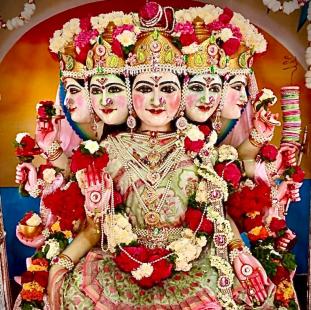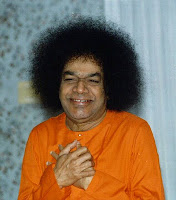Significance of Dasarā
The whole world is the embodiment of the three guṇas (attributes). In a worldly sense, Dēvi means Strī liṅgamu (feminine). However, in this word Strī (woman), there are three letters: sa, ta and ra. Sa means sa-kara, ta is ta-kara and ra is ra-kara. The first and foremost in Strī is Sāttvic. This Sāttvic nature is the very first to emerge in man. It is in the proximity of the mother – the womb, that love begins to develop. She transmutes her blood into love and offers it to her children. Therefore, it is not possible to define a mother’s love.
The second is ta. Ta does not mean tatva or Tamas quality as in sleeping, eating and other such activities that are said to be characteristics of Tamas. The ta syllable in Strī means bashfulness, shyness and pride. They have a lot of shyness and remain modest for the sake of their honour and respect. Because of such pure qualities, ta-karam develops. But unfortunately, assuming ta-karam to mean eating, sleeping and repeating this cycle, women earn the title of Kumbakarna’s¹ sisters!
The third and final is Rajas. In truth, the qualities of sacrifice, generosity, etc. are represented by the letter ra in Strī. When the time comes, they sacrifice their very own life and will try to protect and uphold honour, without thinking of pain, losses and sadness. They are ever prepared to eliminate those Tamas tendencies which invade the Sāttvic.
Dēvi, the embodiment of Shakti (Primal Energy), uproots bad qualities by adorning the Rajo guṇa and nourishing the Sāttvic. In this world, the bad qualities of injustice, illegality, immorality and untruth have monstrously developed and wreaked havoc. When society was drowned in selfishness and self-interest, and humans were behaving mercilessly, devoid of love, the Ātmic principle embodied itself in the form of Shakti. When the Dēvi was continuously exterminating these bad qualities, she adorned a very fierce form. For the sake of pacifying this form, all women, who are considered to be her progeny, worship her with the red kuṅkum (vermilion). The Mother, on seeing this blood-like kuṅkum, is pacified thinking that all the bad-doers have been extinguished. Therefore, the symbolic meaning of worshipping the Dēvi with this kuṅkum is to pacify her fierceness. In these 10 days, the demon-like bad qualities which have further developed in this world are eradicated. Demons are not the ones with any particular form. Our bad qualities and feelings themselves are demons; the ego itself is a demon.
Resources
The whole world is the embodiment of three attributes (guṇas)
In a worldly sense, Dēvi means feminine (Strī liṅgamu)
However, in this word Strī (woman), there are three letters
The three letters are Sa, Ta, Ra
Strī - Sa, Ta, Ri - i.e Sa-kara, Ta-kara, Ra-kara
That is, the first and foremost in Strī is Sāttvic
The Sāttvic nature is the foremost to emerge in man
It is in the proximity (womb) of the mother, love begins to develop.
Therefore, it is not possible to define mother's love
She transmutes her blood into love and offers it to her children.
Therefore, Sāttvic (nature) is the first and foremost; represented by ‘sa’.
Second is Ta syllable
‘Ta’ syllable does not mean Tatva or Tamas quality
(It is said that) sleeping, eating - these kind (of actions) are the characteristics of Tamas
No, No. All that is present in this word Strī, Ta syllable means - bashfulness, shyness, pride - all these are features of ‘Ta’.
They have a lot of shyness.
They remain modest for honour and respect.
Because of such pure qualities, Ta-karam develops
But unfortunately, assuming ta-kaaram to be eating - sleeping, eating - sleeping, they earn the title of Kumbakarna’s sisters!
But, that is not the meaning
No, no, what is Tamas? That which has the qualities of shyness, bashfulness, honour
Then the third and final, Rajas
In truth, (the qualities of) sacrifice, generosity etc represent letter ‘Ra’ in Strī (women)
When the time comes, they sacrifice even their life and will try to protect (the honour).
Without thinking of pain, losses and sadness, they sacrifice for the sake of upholding their honour
They are ever prepared to eliminate the Tamas tendency which invades the Sāttvic.
The word Dēvi uproots these bad qualities. By adorning Rajo guṇa and nourishing the Sāttvic, she transformed into an embodiment of the Primal Energy (Shakti).
In this world when injustice, illegality, immorality, and untruth have monstrously developed. At the time when these were wreaking havoc.
When it (society) was drowned in selfishness, self-interest.
At the time when they (humans) were behaving mercilessly and devoid of love
The Ātmic principle that embodies itself in the form of the Primal Energy (Shakti), adorning Rajo guṇa, uprooted the bad qualities.
This is the inner meaning of Dasara.
Therefore, the Dēvi who uprooted thus (the bad qualities);
when she was in a lot of fervor;
having continuously exterminated these bad qualities,
She adorned a very fierce form.
For the sake of pacifying this fierce form,
All the women who are her progeny,
Taking the red vermilion (kuṅkum), they have been worshiping with it.
Therefore, the mother, on continuously seeing this blood-like vermilion, is pacified thinking that all the bad-doers have been extinguished (so it seems).
Therefore, all the worship done with vermilion, symbolically means that it is to pacify the fierceness of Dēvi.
These 10 days, the demon-like bad qualities which got further developed in this world, are eradicated;
Demons are not the ones with special forms
our bad qualities themselves are demons,
Ego itself is a demon
Bad feelings themselves are demonic.
The whole world is the embodiment of the three attributes: Sathwa, Rajas and Tamas.² In a worldly sense, Dēvi means feminine. In Sanskrit, the word Strī (woman) has three syllables: sa, ta and ra.³ Sa is the Sāttvic nature which emerges foremost in man. Love begins to develop in the womb of the mother who transmutes her blood into love for her child; therefore, it is not possible to define a mother’s love. The ta syllable in Strī refers to the Tamas characteristics of shyness and modesty that women express for the sake of their honour and respect. Ra is the Rajas attributes of sacrifice and generosity. Women sacrifice their very own life for the sake of protecting and upholding their honour without thinking of pain, losses or sadness. They are ever prepared to eliminate those Tamas tendencies i.e. sleeping, eating and other such activities, which invade the Sāttvic.
When society was drowning in immorality and man was behaving devoid of love, the pure consciousness assumed the form of Primal Energy. Dēvi, who is the embodiment of this energy, uprooted these bad qualities by adorning the Rajas attribute and nourishing the Sāttvic. She became very fierce while doing so. For the sake of pacifying her fierceness, all women, who are considered to be her progeny, worship her with the red vermilion. The Mother, on seeing this blood-like vermilion, is pacified thinking that all the bad-doers have been extinguished. This is the symbolic meaning of worshipping the Dēvi with vermilion. The Dēvi Navarātri festival should be celebrated with the intent to eradicate the ego and demon-like qualities of ignorance that have further developed in the world.
Footnotes:
¹Kumbakarna is the brother of the demon-king, Ravāṇā. Legend goes that Kumbakarna ate for six months and slept for six months.
²Sometimes translated as purity (Sathwa), activity (Rajas) and inertia (Tamas) but contextually, these terms assume different meanings.
³Sa as in Sun / Ta as in Thursday / Ra as in Run
Divine Feminine: Durga, Lakṣmi, and Sarasvati
A preceptor explains what Sukr̥taṁ (beneficial) and Vikr̥taṁ (unfavourable) are and teaches human beings the knowledge of what is well-being, wisdom, intelligence and all the worldly education needed to live everyday life. Similarly, the mother also teaches her child education such as how to behave inside and outside the house and how to answer, speak with and respect elders. Therefore, our very own mother is the embodiment of true preceptorship.
We can say a human being’s life that does not respect and worship such a great mother is wasteful. Thus, it is every human being’s duty to respect and love that personification of motherhood who is the embodiment of Shakti (energy). The Dēvi Navarātri festival is used as a pretext to spread this sacred and divine aphorism and prove various ideals to the world.
This has been made apparent in the three names: Durga, Lakṣmi and Sarasvati. Durga means the embodiment of Shakti (Primal Energy). What type of energy? Physical, psychological and spiritual energy. Durga is said to be that Primal Energy that bestows and animates the physical, psychological and spiritual energies. Lakṣmi blesses us with the wealth of wisdom, virtue and the many other forms of wealth we experience in the world. Wealth does not only mean just currency notes. It includes the wealth of knowledge, virtue and education; our health is also wealth. Therefore, Lakṣmi is said to be the embodiment of all forms of material and spiritual wealth. Sarasvati is the one who bestows us with intelligence and the power of reasoning and intellect.
This Śaran Navarātri has been celebrated to reveal the impact of Durga, Lakṣmi and Sarasvati to the world. Our mother is the very embodiment of this Trinity. She devotes herself to providing energy for the child as needed. The mother loves and wishes for her child’s development and that they should be wealthy, healthy, blissful and achieve good fame in the world. She wishes her child to be greatly educated and intelligent. Thus, the mother personifies the three embodiments of Durga (energy), Lakṣmi (prosperity) and Sarasvati (knowledge).
Resources
Just the way a preceptor teaches us education and explains what is beneficial (sukr̥taṁ) and unfavourable (vikr̥taṁ)
The way that the preceptor teaches worldly education that constitutes (knowledge of) what is wellbeing, wisdom, intelligence - needed for humans to lead their everyday life
In the same way, the mother teaches her child education such as how to behave inside and outside the house, how to answer and speak with elders, and in what way to respect elders.
Therefore, the mother is the true embodiment of the preceptorship.
We can say human being’s life that does not respect and worship that [great] mother is wasteful (vyārthakaṁ).
Therefore, it is every human being’s duty (vidhi) to respect and love that personification of motherhood who is the embodiment of all energy (Shakti).
To spread this sacred and divine aphorism in the world, the Dēvi Navarātri [festival] is used as a pretext to prove various ideals to the world.
This has been made apparent in these three names - Durga, Lakṣmi, Sarasvati
Durga means the embodiment of Primal Energy (Shakti).
What type of energy? Physical, psychological, and spiritual energy.
Durga is said to be the embodiment of Primal Energy (Shakti) who bestows these three types of energy (physical, psychological, and spiritual).
This is energy.
Next, Lakṣmi.
She blesses us with the wealth (Aiśvayarā) of wisdom, wealth of virtue, and also the many forms of wealth we experience in the world.
Wealth does not only mean just currency notes.
Wealth of knowledge.
Our health is also wealth.
Wealth of virtue
Wealth of education
Lakṣmi is the embodiment of all wealth
Therefore, Lakṣmi is said to be the embodiment of wealth…meaning embodiment of material wealth, embodiment of prosperity
Next, Sarasvati
She is the one who bestows us with intelligence, power of reasoning, and power of intellect.
This Śaran Navarātri also started to show and offer to the world the impact of such a Durga, Sarasvati, and Lakṣmi
Our mother is the very embodiment of these three [Durga, Lakṣmi, Sarasvati].
She devotes herself to providing energy for the child as needed.
[The mother] loves and wishes for the development of the child, that he should be wealthy, healthy, blissful, and achieve fame in the world.
The mother wishes her son to be greatly educated, intelligent and achieve great fame in the world.
The mother is the one who personifies the three embodiments [of Durga, Lakṣmi, and Sarasvati].
The mother imparts values, guides her children and teaches them how to conduct themselves properly according to situation, time and place. Therefore, mother is the embodiment of true preceptorship. It is every human being’s duty to respect and worship such a great mother.
During the Dēvi Navarātri celebrations, we worship Durga, Lakṣmi and Sarasvati. Durga is the embodiment of the Primal Energy that animates the physical, psychological and spiritual energies in the world. Lakṣmi is the embodiment of all forms of wealth, both material and spiritual. Sarasvati bestows us with intelligence, the power of inquiry and intellect.
Our very own mother is an embodiment of this Trinity. She devotes herself to providing energy for the child as needed. She wishes for her child's development and success. She desires her child to be greatly educated and intelligent. Thus, the mother personifies the three embodiments of Durga (energy), Lakṣmi (prosperity) and Sarasvati (knowledge).
Dēvi Navarātri
What does Dēvi Navarātri mean? Navarātri means nine nights. What does night mean? That which is associated with darkness is night. What is darkness? Ignorance itself is darkness. Therefore, in humanity, the nine types of ego, which is the darkness, have emerged. The purpose of this Dēvi Navarātri is to transform these nine nights into illumined ones. Who is the Dēvi? We say Pārvati Paramēśvara, Lakṣmi Nārāyaṇa and Sarasvati Brahma. Why should we place Pārvati in front of Paramēśvara, Lakṣmi in front of Nārāyaṇa and Sarasvati in front of Brahma? The reason is because the origin of man is Shakti (Primal Energy). Shakti means Durga, Lakṣmi and Sarasvati. The essence of these three is the powers of Divine Feminine – Prakr̥ti. Therefore, it is said Prakr̥ti and Paramātma (Divine Masculine); Prakr̥ti is Shakti and Parmatma is the one who has Shakti under His control.
This Prakr̥ti is associated with three guṇas (attributes): Sāttva, Rajas and Tamas. Sāttva guṇa is Lakṣmi, Rajo guṇa is Sarasvati and Tamo guṇa is Pārvati. To make the mind subservient to oneself and in order to receive the grace of Prakr̥ti, Durga, Lakṣmi and Sarasvati have been worshipped. Therefore, Durga, Lakṣmi and Sarasvati are not Goddesses; they are guṇas. The worship of Prakr̥ti is the main goal of man. By worshipping Prakr̥ti, we thereby earn the grace of Paramātma. Prakr̥ti and Paramātma are like negative and positive. The Paramātma, which is positive, however powerful He is, without Prakr̥ti, which is negative, creation cannot happen. Therefore, Prakr̥ti is the fundamental source for creation.
For example, you have pure and sweet seeds in your hand, but they are strong. Only when the seeds are sown in the Earth do they transform into trees and bear fruits. Without sowing the seeds, if you just keep them in your hand, what is the result? For a seed to grow into a tree and grace you with fruits, you must first sow it in the Earth. The Earth transforms even a seed into a tree and gives us fruits. The Earth is the basis for the entire creation. Therefore, if man wishes to uproot ignorance, he must first and foremost worship Prakr̥ti (Nature). In order to get the permission from Prakr̥ti, we need the grace of Paramātma. Ignoring the grace of Paramātma and only wishing to enjoy the Prakr̥ti, our lives become like that of the demon Rāvaṇā. He ignored Rāma and wished to attain Sīta, the embodiment of Prakr̥ti. What was his fate? If only he had Rama’s grace, he could have easily attained Sīta. That is why we should worship Prakr̥ti to attain the grace of the Lord.
The Upaniṣads have declared Tasmai namaḥ karmanē. Salute the action. Our first and foremost salutations should be to the worship of Prakr̥ti. This salutation is meant to take up pure actions.
But what is the inner significance in worshipping the Prakr̥ti which is permeated by the three guṇas? The symbols of the three guṇas are purity of heart, speech and action. These are also called trikaraṇas. The purification of the trikaraṇas is the root cause for the grace of the Lord.
The proper study of mankind is man, but who is this man? One who has been purified by the unity of all the three – heart, speech and action – is man. This heart is the embodiment of all wealth, or Lakṣmi. Sarasvati is the embodiment of speech. Kriya shakti is Durga. Therefore, manasyekaṃ vacasyekaṃ karmaṇyekaṃ mahātmanām – he is a noble soul whose thoughts, words and deeds are in harmony. These Dēvi Navarātris have begun in order for humanity to attain the purification of thought, word and deed and to enable man to lead the life of a man and remove ignorance.
Resources
Dēvi Navarātri, what does it mean?
Navarātri means 9 nights
What does Night mean? That which is associated with darkness is Night (rātri)
What is darkness? Ignorance itself is darkness.
Therefore, in humanity, nine types of darkness have emerged.
These nine types of ego is the darkness which has emerged in man.
To transform these nine nights (Navarātri) into illumined ones,
Dēvi Navarātri.. Who is Dēvi? It is said, Pārvati Paramēśvara, Lakṣmi Nārāyaṇa, Sarasvati Brahma.
That means, why should we place Pārvati ahead of Paramēśvara? Why should we place Lakṣmi ahead of Nārāyaṇa? Why is Sarasvati placed ahead of Brahma?
That means, the origin of man is Primal Energy (Shakti mayam)
Primary Energy (Shakti) means Durga, Lakṣmi, Sarasvati.
The essence of these three is the powers of Divine Feminine (Prakr̥ti).
Therefore, it is said Divine Feminine and Divine Masculine (Paramātma). That means, Divine Feminine is the Primal Energy (Shakti) and Divine Masculine is the one who has the Primal Energy under His control.
That means, this Divine Feminine is associated with three attributes (guṇas). Divine Feminine consists of Sāttva (purity), Rajo (activity) and Thamo (inertia) attributes.
Therefore, Sāttva-guṇa is Lakṣmi, Rajo-guṇa is Sarasvati, Thamo-guṇa is Pārvati.
Since the attributes of Divine Feminine are Sāttva, Rajo and Thamo, to make the mind subservient to oneself, in order to receive the grace of Divine Feminine, they have been worshipping Durga, Lakṣmi and Sarasvati.
Therefore, Durga, Lakṣmi, Sarasvati are not Goddesses, they are attributes (of Divine Feminine).
Divine Feminine consists of these three attributes. Therefore the worship of Divine Feminine is the main goal of man.
Therefore, first worship Divine Feminine, and thereby earn the grace of Divine Masculine.
Therefore, this is human effort and that is Divine grace.
Therefore, Divine Feminine and Divine Masculine are like negative and positive. Therefore, the Divine Masculine, which is the positive, however powerful He is, without the negative Divine Feminine - creation cannot happen.
Therefore, for creation, Divine Feminine is the fundamental source.
You are having pure and sweet seeds in your hand.
But these seeds are very strong;
Only when they are sown in the Earth, they transform into trees and give you fruits.
Without sowing them (the seeds) in the Earth, and keeping them in your hand, what is the result?
Therefore, for a seed to grow into a tree and grace you with fruits, you must sow it in the Earth.
Therefore, it is the Earth which transforms even a seed into a tree, and gives fruits through it.
For the entire creation Earth is the basis.
Therefore, if man wishes to uproot ignorance, first and foremost he must worship Nature (Prakr̥ti).
One must worship Nature and attain the grace of Divine Masculine.
Therefore, to get the permission from Nature, we also need the grace of Divine Masculine.
Ignoring the grace of Divine Masculine, and only wishing to enjoy the Nature, our lives become like that of a Rāvaṇāsura.
Because of ignoring Rāma and wishing to attain Sīta who is the embodiment of Divine Feminine, what fate was he into?
Therefore, if only he had Rāma’s grace he could have attained Sīta with ease.
Therefore, first and foremost to attain the grace of the Lord, we should worship Divine Feminine (Prakr̥ti).
Therefore, Tasmai namaḥ karmanē (Salute the action), Upaniṣads saluted thus.
My first and foremost salutations to the worship of Divine Feminine (Prakr̥ti).
Therefore, this salutation is a salutation meant to take up pure actions.
But, what is the inner significance in worshiping the Divine Feminine which is permeated by three attributes (guṇas)?
Purity of heart, purity of speech, purity of deed.
These are the symbols of the three attributes (Sāttva, Rajo and Thamo).
These are also named as Trikaraṇas (thought, word, deed).
This purity of thought, word and deed (Trikaraṇa Śud'dhi) is the root cause for the grace of the Lord.
This is - proper study of mankind is man.
Who is this man? Heart, speech, deed - one who has been purified by the unity of all these three is man.
Therefore, this heart is the embodiment of all wealth - Lakṣmi,
Sarasvati is the embodiment of speech.
Kriya-shakti is Durga.
Therefore, he is a noble soul whose thoughts, words and deeds are in harmony (manasyekaṃ vacasyekaṃ karmaṇyekaṃ mahātmanām).
Therefore, for humanity to attain purification of thought, word and deed, in order to enable man to lead the life of a man, in order to remove ignorance, these Dēvi Navratris have begun.
Navarātri means nine nights. The darkness of the night symbolizes ignorance. Nine types of ego, which is the darkness, have emerged in humanity. The purpose of this Dēvi Navarātri is to transform these nine nights into illumined ones. We say Pārvati Paramēśvara, Lakṣmi Nārāyaṇa and Sarasvati Brahma. We place Pārvati in front of Paramēśvara, Lakṣmi in front of Nārāyaṇa and Sarasvati in front of Brahma because the origin of man is Primal Energy. Primal Energy means Durga, Lakṣmi and Sarasvati, who are the essence of the powers of Divine Feminine. The Divine Masculine is the one who has the Divine Feminine under His control.
This Divine Feminine is associated with three attributes: Sāttva, Rajas and Tamas. The Sāttva attribute is Lakṣmi, the Rajo attribute is Sarasvati and the Tamas attribute is Pārvati. Durga, Lakṣmi and Sarasvati have been worshiped to make the mind subservient to oneself and in order to receive the grace of the Divine Feminine. Prakr̥ti(Nature) and Paramātma (Divine Masculine) are like negative and positive. So creation cannot happen without nature as nature is the fundamental source for creation.
Seeds in the hand cannot transform into trees. The Earth is what transforms a seed into a tree. Therefore, for the man to uproot ignorance, worship of Nature is must. In order to earn the grace of supreme divinity, the permission of divine feminine is necessary. Ignoring the grace of Paramātma and only wishing to enjoy the nature, our lives become like that of the demon Rāvaṇā. That is why we should worship nature to attain the grace of the Lord.
The Upaniṣads have declared that we must salute the action before we start it. Our first and foremost salutations should be to the worship of Nature. This salutation is meant to take up pure actions.
The inner significance in worshiping the Nature is to attain purity of heart, speech and action which is the root cause for the grace of the Lord.
Man is the one who has been purified by the unity of all the three – heart, speech and action. Heart is the embodiment of all wealth, or Lakṣmi. Sarasvati is the embodiment of speech. Kriya Shakti is Durga. Therefore, he is a noble soul whose thoughts, words and deeds are in harmony. These Dēvi Navarātris have begun in order for humanity to attain the purification of thought, word and deed and to remove ignorance.
Adoration of Nature
The significance of Dēvi Navarātri is to worship nature, which is the embodiment of BhuDēvi (Mother Earth). Although everything a man needs is available on earth, scientists go to space and the moon. However, he carries food, water and oxygen from the earth itself for his sustenance in space.This shows Earth provides all the energies a man would require.
Dear Students! You desire it as it is up there (space). But, there is nothing up there, it is all Ether! Ether! Ether! Going beyond that, there is ozone which covers the sun. It prevents the earth from direct sun rays and therefore destruction of life. But today’s man, having succumbed to frivolous and mundane worldly pleasures, has discovered a variety of vehicles and developed industries according to his whim and fancy. These industries and vehicles released smoke that destroyed the ozone and created a hole in it, allowing the direct sun rays.
All the countries are uniting to fix this problem but what can be the solution? Nothing but reducing the smoke released! Not only does the nation not progress without reducing the smoke, but if the situation continues, we will not even have drinking water! On one hand, the ozone gets damaged. On the contrary, the government encourages the development of industries. Safeguard what is already there. The development of science is self-centred, takes a narrow-approach but not broad hearted. Only when there are broad feelings, then all will be happy (Lōkaḥ samāsataḥ sukhinō bhavantu).
Hence, the Navarātris is the process of worshipping Nature, systematically understanding all the potentialities in Nature, and fostering them. Nature’s energies (resources) should not be misused. What are those energies?
Light- We are causing much harm to the country by misusing the light. Light should be used only to the extent necessary.
Water- Use water as much as necessary. Using beyond necessity will result in wastage of two of the five elements of nature(Pan̄ca Bhūta). To wash your hands after eating, you can simply use a tumbler, instead of opening the tap with a gush of water. What can be done using a tumbler of water, is being done using a vessel of water. It is like wasting the ganges!
Air- Everyone needs air, but cannot withstand excessive air. We should release good sounds into the air. That air spreads everywhere, and it becomes one with the air we inhale as Prāṇa vāyu (life breath). But we are polluting the air by releasing bad sounds into the air. As we inhale the same air, we get those bad feelings.
Yad bhāvaṁ ṭāḍ bhavati (As one thinks so one becomes)
A small example. Suppose we set a fire, by burning dirty things. The air that is released from the fire is dirty too.
As is the fire, so is the smoke.
As is the smoke, so is the cloud.
As is the cloud, so is the rain,
As is the rain, so is the crop,
As is the crop, so is the food,
As is the food, so is the Bud’dhi (intellect).
Therefore, all our thoughts depend on our food, this food depends on the pouring rain. This rain depends on the type of clouds, these clouds depend on the type of air. Therefore, what is the inner meaning of asking you to conduct Nagar Saṅkīrtana and bhajan? Because, if we contemplate on the lord’s name, that environment and the vibration becomes pure.
Resources
Dēvi Navarātri first of all means, adoring Nature.
Nature is the embodiment of Dēvi, Mother Earth! (BhuDēvi)
All the materials that man needs are present in the Earth itself.
Leaving the Earth, scientists are going to the Sky and the Moon.
Even though he goes to the Moon, he carries oxygen which is present on this Earth.
He carries the water which is present on this Earth.
He carries the food which is grown on this Earth.
On that Moon, he does not find his needs: air, water, food.
He carries everything from Nature.
Therefore, all the energies man needs are present on Earth itself.
Students! Since it is up there (in the horizon) we are desiring for it,
but there is nothing up there; it's Ether, Ether, Ether.
Going even beyond that, there is ozone.
This ozone covers the sun.
Because - if this ozone does not exist, the rays from the sun come directly to the Earth; there would have been no water on the Earth, and (it) would evaporate. Floods would come!
Because this Ozone is wrapped around very densely, sunlight does not come directly to the Earth; (it is) intercepted by the ozone and only a portion of it reaches the Earth.
But today’s man, discovered many modern (instruments of) powers, having succumbed to frivolous and mundane worldly pleasures.
Having invented all the necessary vehicles,
Due to the development of science,
Developing all these industries,
Due to which the smoke has increased,
All this smoke goes and destroys the Ozone, and now there is a hole in the ozone.
Therefore, the Sun’s rays are passing through that hole.
Therefore, in the process of fixing it, America, Russia, Japan, Germany and other countries have currently been fighting that every country should unite.
What is the reason (what can be done) to fix it ? Nothing at all.
Reducing the smoke would suffice.
Smoking does not mean cigarettes and bidis.
Smoke that comes from cars, buses, and industries, all these must be completely reduced.
Unless we reduce this, the country will not be uplifted.
If this continues like this for a few days, even drinking water will not be found.
On one side due to smoking the ozone is getting damaged.
On the other hand, the government says industries should be developed
This is just going opposite one another.
Therefore, protect that which is available now.
All the development in science is individual centric.
It is taking a narrow approach.
But devoid of broad heartedness.
Only when broad feelings are developed, Lōkaḥ samāsataḥ sukhinō bhavantu,
All will be happy.
Therefore what do these nine nights (Navarātris) mean ?
It is the process of worshipping Nature, systematically understanding all the potentialities in Nature, and fostering them.
Nature’s energies (resources) should not be misused.
What are those energies?
There is light, we are misusing this light,
thereby causing much harm to the country,
Use the light only to the extent it is necessary.
Using the light as we like, thus we are wasting a lot of energy.
Water. Use it as per your need.
But by excessive wastage of water,
We are becoming the ones who waste two of the five elements (Pan̄ca Bhūta).
You had food, you need to wash your hands.
Take water in a tumbler and wash it.
But you open the tap and it releases a gush of water.
Something which can be done using a tumbler of water, people are spending a large vessel of water.
So it is as if we have wasted the Ganges.
Air, every man needs air,
but if there is excessive air, even man cannot withstand it.
Therefore, even this air we are polluting - i.e making it impure.
How ? We should leave good sounds into the air.
Only then that air spreads everywhere, and it becomes one with the air we inhale as life breath (Prāṇa vāyu).
Because of mixing all bad sounds into the air,
and since that air is now filled with bad sounds,
and since we inhale that same air, we also get those bad feelings.
As is the feeling, that you become (Yad bhāvaṁ ṭāḍ bhavati)
One small example, we have set up a fire,
What kind of fire have we set up? A dirty fire.
We are burning all dirty things.
Therefore, the air coming out is also dirty.
As is the fire, so is the smoke.
As is the smoke, so is the cloud.
As is the cloud, so is the rain,
As is the rain, so is the crop,
As is the crop, so is the food,
As is the food, so is the intellect (Bud'dhi).
Therefore, all our thoughts depend on our food,
And all this food depends on the pouring rain.
And all this rain depends on the type of clouds,
All these clouds depend on the type of air.
Therefore, what is the inner meaning of asking you to conduct processional singing of devotional hymns (Nagar Saṅkīrtana) and devotional singing (Bhajan)?
Because, if we contemplate on the Lord's name, that environment and that vibration nicely becomes pure.
The significance of Devi Navarathri is to worship nature, which is the embodiment of Mother Earth. Earth provides all the energies a man would require.
Ozone prevents the direct sun rays from entering the Earth. But today’s man, having succumbed to frivolous and mundane worldly pleasures, has discovered a variety of vehicles and developed industries according to his whim and fancy. These industries and vehicles released smoke that destroyed the ozone and created a hole in it, allowing the direct sun rays. The solution is to reduce the smoke that is being released.
The government must safeguard what is already there. The development of science is self-centred, takes a narrow-approach. Only when there are broad feelings, all can be happy.
Hence, the Navarātri is the process of worshiping Nature, systematically understanding all the potentialities in Nature, and fostering them. Nature’s energies (resources) should not be misused.
What are those energies?
Light - We are causing much harm to the country by misusing the light. Light should be used only to the extent necessary.
Water - Use water as much as necessary. Using beyond necessity will result in wastage of two of the five elements of nature. To wash hands after eating, simply use a tumbler, instead of opening the tap with a gush of water.
Air - Everyone needs air, but cannot withstand excessive air. Only good sounds should be released into the air which spreads everywhere, and becomes one with the air we inhale. But polluting the air by releasing bad sounds results in bad feelings upon inhalation.
It is said, ‘As one thinks, so one becomes’.
For example, upon burning dirty things, the air that is released from the fire is dirty too.
As is the fire, so is the smoke.
As is the smoke, so is the cloud.
As is the cloud, so is the rain,
As is the rain, so is the crop,
As is the crop, so is the food,
As is the food, so is the intellect.
Therefore, all our thoughts depend on our food. Food depends on the pouring rain. This rain depends on the type of clouds. Clouds depend on the type of air.
Therefore, the inner meaning of processional singing of devotional hymns and bhajan is to make the environment and the vibration pure.
What is Yajña?
What is the meaning of Yajña (Ritual Sacrifice)? Yajña is all the work that you do to please God. When we take up any work with love for God, that transforms into Yajña. Sacrifice is Yajña. Therefore, Yajña is not just following the procedure of building a large Hōma kuṇḍa (sacrificial pit), chanting mantras and pouring cow ghee. Any small work done with love for God transforms into Yajña. That is why Upaniṣads also proclaim, offer salutations to an action before commencing it. Tasmai namaḥ karmanē – I offer my salutations to the action I am performing. This prayer must be done with the intention to perform pure actions.
Resources
We said Yajña, Yajña, Yajña…what is the meaning of Yajña?
Whatever the work may be, all that is done to please God is Yajña
This ritual (sacrifice) is a symbolic representation of that Yajña (any work done to please God).
Therefore, when we take up any small work to please God, that transforms into Yajña.
Sacrifice is Yajña (ritual sacrifice)
Therefore, Yajña is not just following the procedure of building a large Hōma kuṇḍa (sacrificial pit), chanting mantras and pouring cow ghee
Whatever small work that is done, if it is done to please God, then that transforms into Yajña
That is why Upaniṣads also proclaim - Before commencing an action, Salute that action.
Tasmai namaha karmane
[I offer my] salutations to the action…To the action I'm performing, I'm offering my foremost salutations. I should perform pure actions - it is with this intention this prayer is done.
It is often thought that Yajña is just a process of building a large sacrificial pit & various oblations like pouring cow ghee along with chanting mantras. With love for God, all the work that is done to please God transforms into Yajña. Yajña is sacrifice. That is why Upaniṣads also proclaim before commencing an action this prayer must be made - ‘I offer salutations to this action’ and this prayer must be done with the intention to perform pure actions.
Why is Yajña performed?
The wavering nature of humanity and cruel qualities such as attachment and hatred must be sacrificed in this Yajña. Only through this sacrifice can immortality be attained. In our current human birth, remnants of the bad qualities and instincts from our previous births exist. We must ensure that no such remnants are left in us. Therefore, these animal-like bad qualities must be surrendered to God and offered in this Yajña. Agni Dēvā (the Fire Deity) takes all that is offered in the sacrificial fire and delivers it to all the Dēvatas (deities). As the offering falls in the hands of the Dēvatas, it transforms into amr̥taṁ (Divine Nectar). So even our bad qualities are transformed to amr̥taṁ. Regarding this, Upaniṣads mentioned three prayers:
|| Asatōmā sadgamaya
tamasōmā jyōtirgamaya
mr̥tyōrmā amr̥taṅgamaya ||
From unreal, lead me to real. From darkness, lead me to light. From death, lead me to immortality.
The feelings that arise in us due to the identification with the body are transformed into immortality, which is constant, steady and deathless. Therefore, these Yajñas and Yāgās are not performed merely to spend time, but are instrumental in recognizing the Divinity inherent in humanity. The essence (energy) of all these sacred mantras (chants) combine with the electromagnetic waves and spread around the world, thus sanctifying and rendering a clean environment.
Resources
Therefore the wavering nature in humanity must also be sacrificed in this Yajña.
Cruel qualities do exist.
Attachment and hatred exist
These cattle, these animals, must be sacrificed for this Yajña
This is the sacrifice that we must make during this Yajña.
Immortality can only be attained through sacrifice.
Only then we can attain immortality.
Therefore in our (current) human birth, there are remnants of the bad qualities and bad instincts from our previous births.
We must ensure that no such remnants are left (in us).
Therefore, the bad qualities in us must be surrendered to God and offered in this Yajña.
I told earlier, Fire Deity takes all this and whatever is offered and delivers (it) to all deities (Dēvatas).
As it falls into the hands of the deities (Dēvatas), it (the offering) transforms into Amr̥taṁ.
So our bad qualities also get converted to Amr̥taṁ.
Regarding this, the Upaniṣads mentioned three prayers:
From The Unreal, Lead Me To The Real
From Darkness, Lead Me To The Light
From Death, Lead Me To Immortality
The feelings that arise due to identification with the body are transformed into immortality which is constant, steady and deathless.
Therefore, the Yajñas and Yāgās are not activities performed for the sake of passing time.
[These activities are] instrumental in recognising the Divinity inherent in humanity
The essence (energy) of all these sacred mantras (chants)
Combine with the electromagnetic waves (and) spreads around the world
sanctifying and rendering a clean environment.
The wavering nature of humanity and cruel qualities such as attachment and hatred must be sacrificed in the Yajña. Only through sacrifice, immortality can be attained. The remnants of the bad qualities and instincts from the previous births, that exist even in this human birth, must be surrendered to God and offered in the Yajña. The Fire Deity takes all that is offered in the sacrificial fire and delivers it to all the deities. The offering, as it falls in the hands of the deities, transforms into Divine Nectar. So even the bad qualities are transformed into Divine Nectar. Regarding this, Upaniṣads mentioned three prayers:
From unreal, lead me to real. From darkness, lead me to light. From death, lead me to immortality.
The feelings that arise in us due to the identification with the body are transformed into immortality, which is constant, steady and deathless. Therefore, these Yajñas and Yāgās are not performed merely to spend time, but are instrumental in recognizing the Divinity inherent in humanity. The essence (energy) of all these sacred chants combine with the electromagnetic waves and spread around the world, thus sanctifying and rendering a clean environment.
Significance of Saptāha
The Vēda Puruṣa Saptāha Jñāna Yajña is conducted in Prasanthi Nilayam for a period of 7 days during Dēvi Navarātri.
How did we get this human birth? It is due to the sins, ignorance and restlessness out of desires that one gets a human birth. Uprooting the sins, getting rid of ignorance and pacifying oneself from this restlessness i.e. making one’s life peaceful, is very important for every human being.
Fire burns our sins, the Sun eliminates our ignorance, and the Moon pacifies the unrest in our heart. This is inherent in the name of Rāma. The word Rāma has the letters Ra-Aa-Ma. Ra refers to Fire, Aa refers to the Sun and Ma refers to the Moon. Thus, TulsiDas said, “I pray to Rāma whose name is the form of Fire, Sun and Moon.” The essence of all the scriptures is in this Nāma (name of God). Not only that, the Mahāvākyas (Divine dictums) of the Vedas – Tat Twam Asi (That Thou Art) – is also present in this name. Ra refers to Tat and Ma refers to Twam.
When we enquire about the words Nāma and Rāma using numerology, it stands as a testimony to this. The letters in the word Nāma are Na-Aa-Ma. In numerology, Na means nothing, or zero. Aa is equal to two. Ma is equal to five. When you add all this together, you get seven. Numerology aptly confirms that the word Nāma equals seven, or sapta. This seven symbolizes seven days, seven riṣis (saints), seven sounds, seven colours, etc.
Saptāha culminates today. What is the meaning of Saptāha? Saptāha means the offering of the seven sounds present in us to God. What is Samaprāpti (attaining equanimity)? Samāpti means Brahma-prāpti (attaining the Divinity). It is only to attain this Divinity that we are performing this vrata (sacred ritual) of Saptāha.
Resources
How did we get this human birth ?
Sins, ignorance, restlessness due to desires - it is due to these one gets human birth
Uprooting the sins,
getting rid of ignorance,
pacifying oneself from the restlessness which arises due to desires i.e making one’s life peaceful is very important for every human being.
Therefore, Fire is burning our sins.
Sun is the one who is uprooting our ignorance
Moon is the one who is pacifying the restlessness in our heart.
That is the name of Rama
Ra Aa Ma
Ra - Fire, Aa - Sun , Ma - Moon
Therefore, since the word Rāma is such a great form containing the Fire, Sun, Moon -
Tulsi Das said ‘I pray to Rāma whose name is the form of Fire, Sun and Moon.’
Therefore, the essence of all the scriptures is present in the name of the God.
Not just that, the mahāvākya of Vedas - That thou art (‘Tat Twam Asi’) is also present in this Name.
RaMa..Ra stands for Tat..Ma stands for twam
You are That...this is the meaning of Tat Twam Asi..
Therefore, here we have to enquire about another aspect
When we enquire about the words Nāma and Rāma using numerology, this also stands as a testimony.
Letters Na, Aa, Ma are present in the word Nāma
In numerology Na mean nothing - zero
Aa is equivalent to two.
Ma is equivalent to five.
Zero, two, five add up to form seven
It (numerology) aptly confirms that the word Nāma sums to seven (Sapta)
The same is seven days, seven saints (riṣis), seven sounds, seven colors etc. that are said to have emerged from this.
Saptāha culminates today
What is the meaning of Saptāha?
It is the offering of seven sounds present in us to God. What is Samaprāpti( Attaining equanimity)? Samāpti means attainment of divinity (Brahma-prāpti).
It is only to attain Divinity, we are performing this vrata of Saptāha.
Due to the sins, ignorance and restlessness out of the desires, we got this human birth. Uprooting the sins, getting rid of ignorance and pacifying oneself from this restlessness i.e.making life peaceful is very important for every human being.
The word Rāma has the letters Ra-Aa-Ma.¹ Ra refers to Fire, Aa refers to the Sun and Ma refers to the Moon. Fire burns our sins, the Sun eliminates our ignorance, and the Moon pacifies the unrest in our heart. Thus, Tulsidas said, “I pray to Rāma whose name is the form of Fire, Sun and Moon.” The essence of all the scriptures is in this name of God. Not only that, the Divine dictum of the Vedas – Tat Twam Asi (That Thou Art) – is also present in this name Rāma. Ra refers to Tat and Ma refers to Twam. When the words Nāma and Rāma are enquired using numerology, it stands as a testimony to this. The letters in the word Nāma are Na-Aa-Ma.² In numerology, Na means nothing, or zero. Aa is equal to two. Ma is equal to five. Adding all this together gives seven. Numerology aptly confirms that the word Nāma equals seven. This seven symbolizes seven days, seven saints, seven sounds, seven colours, etc. Saptāha means the offering of the seven sounds present in us to God. It is only to attain this Divinity that we are performing this sacred ritual of Saptāha.
Footnotes:
¹Ra as in Run / Aa as in Art / Ma as in Mother
²Na as in Number / Aa as in Art / Ma as in Mother

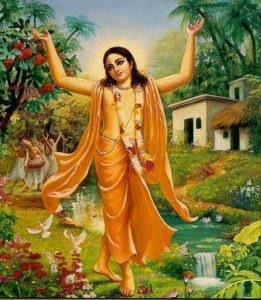
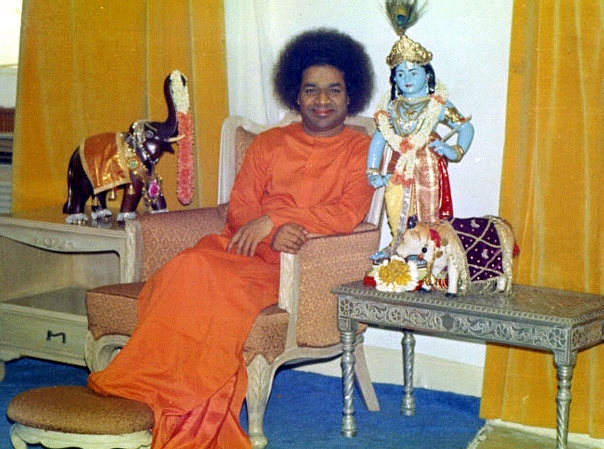







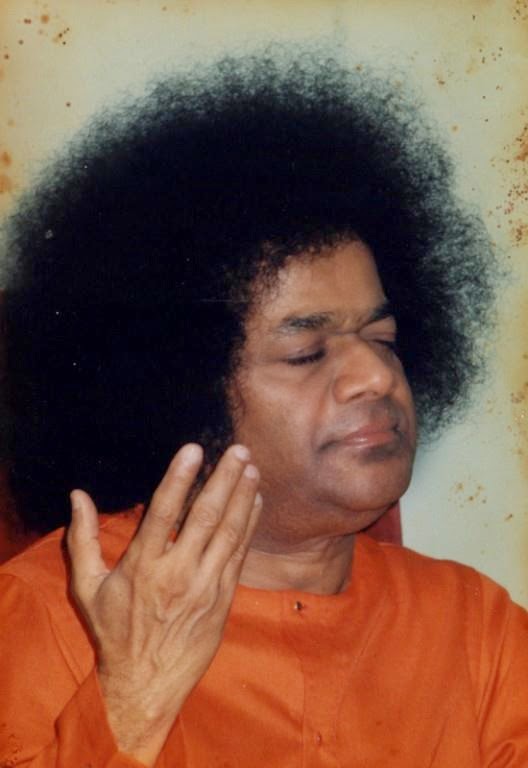.jpg)
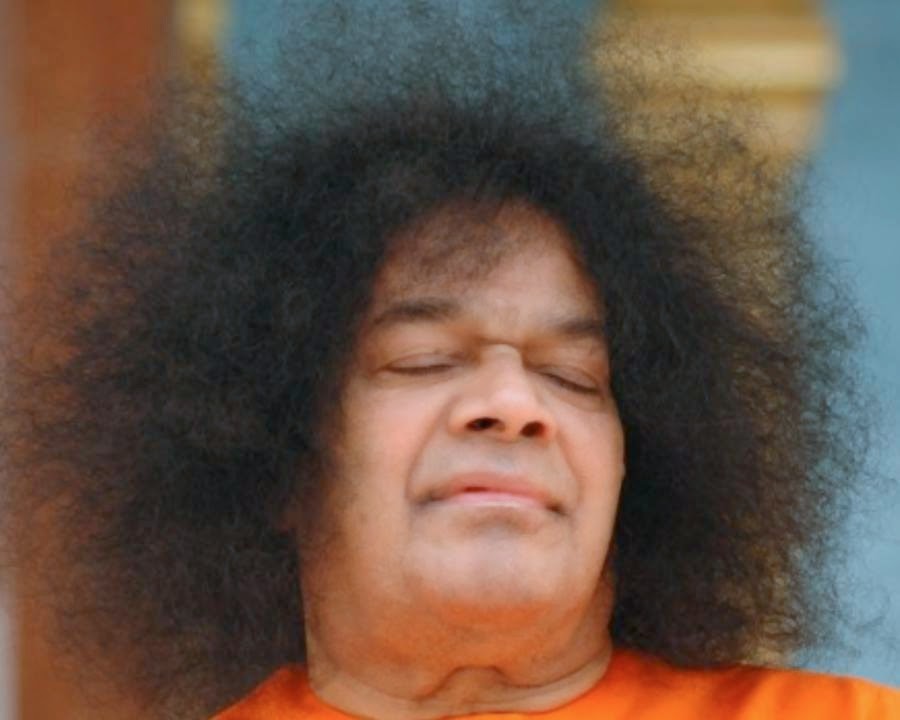.jpg)































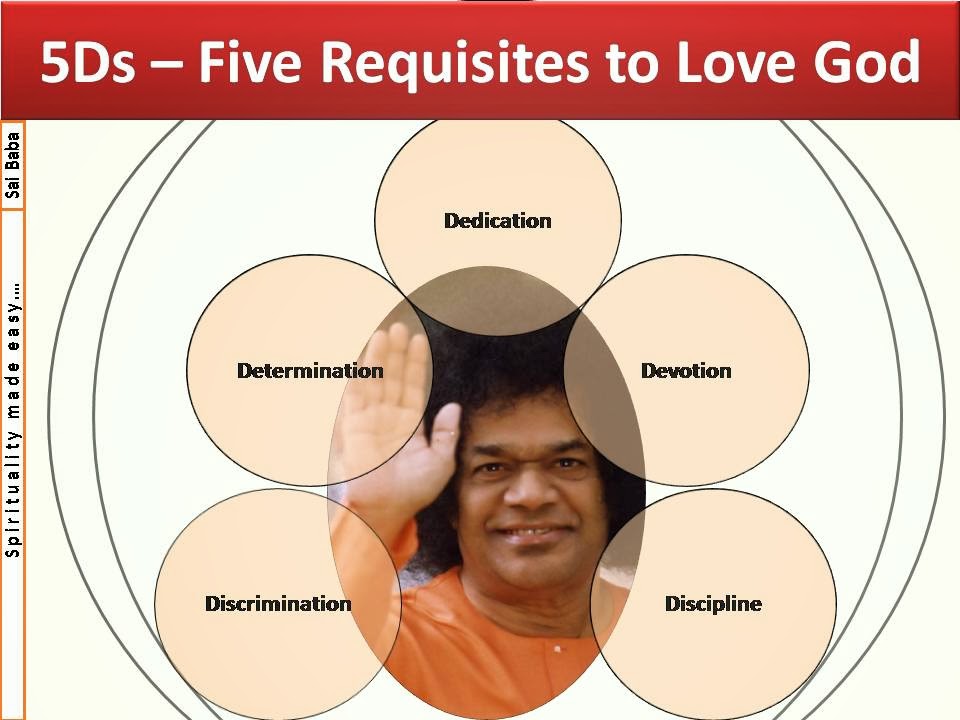
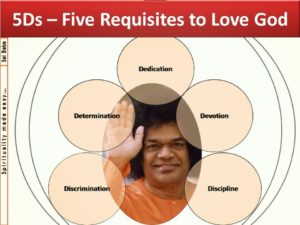
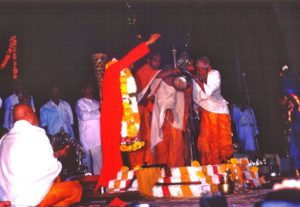
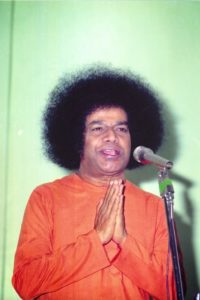
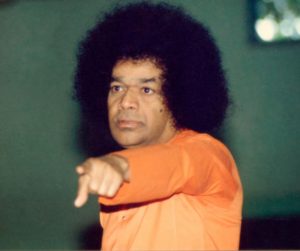
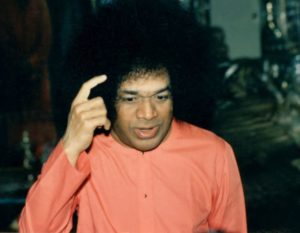
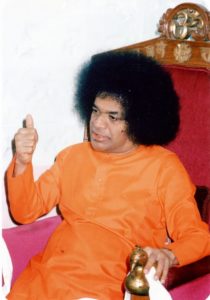
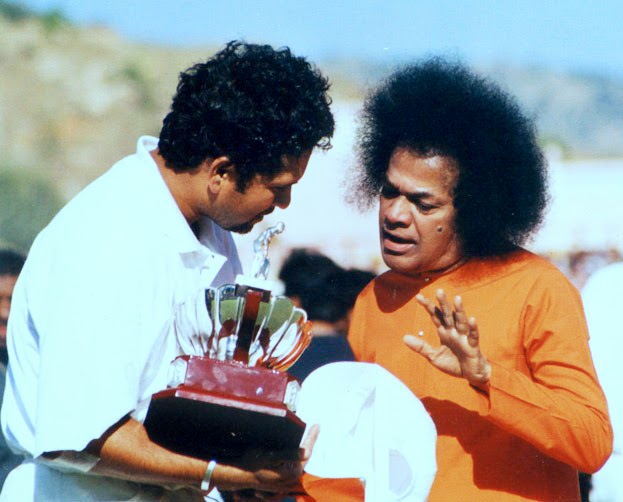




















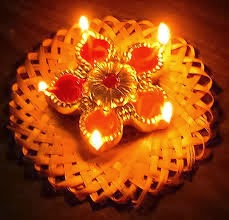




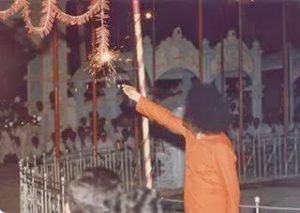















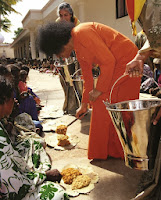.jpg)
















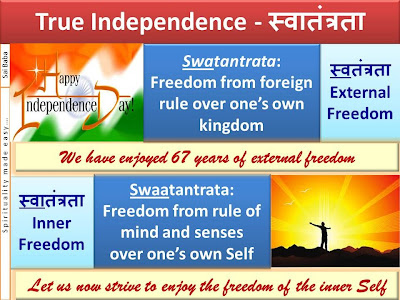






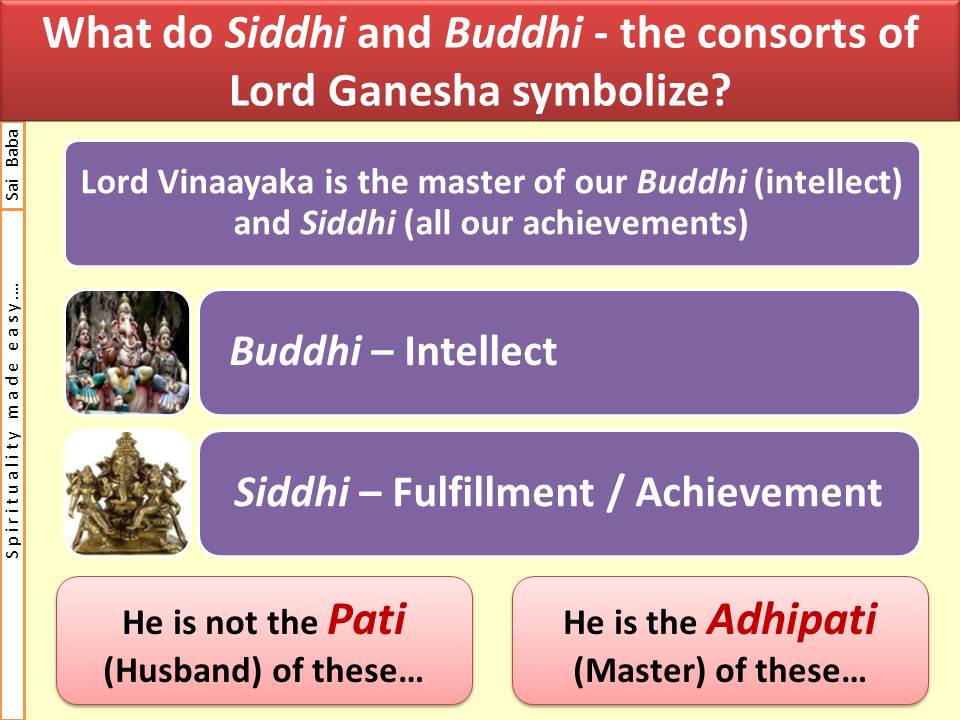












.jpg)















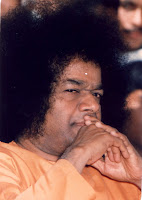
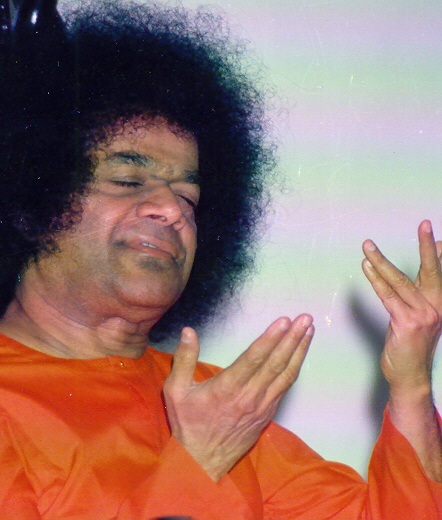
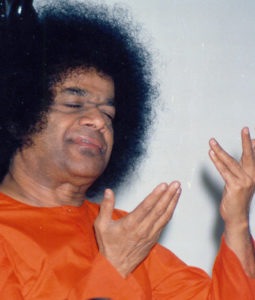
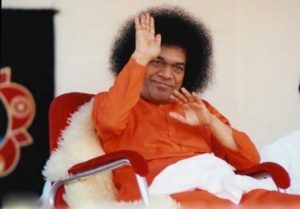
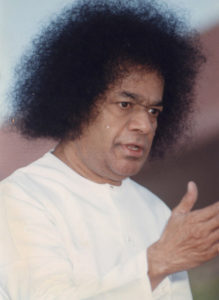
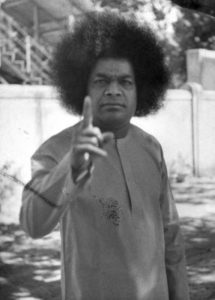
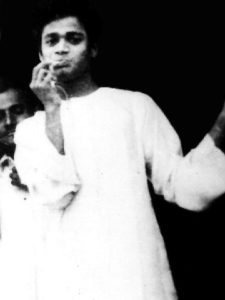
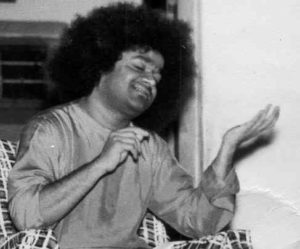
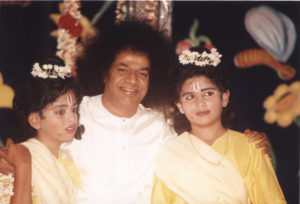
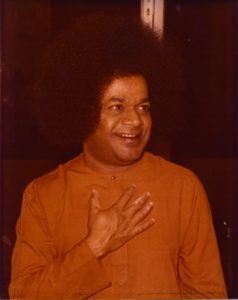
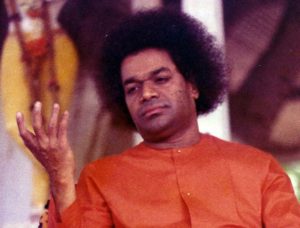
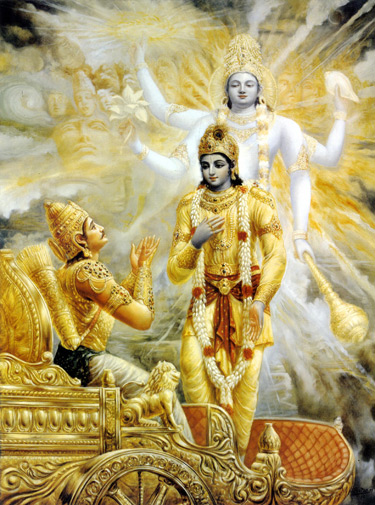
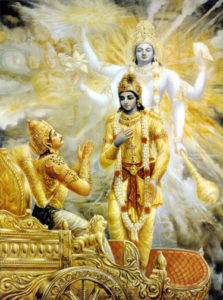
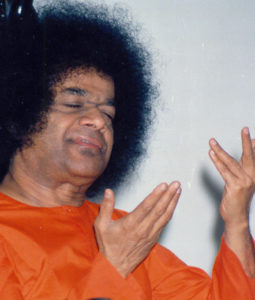
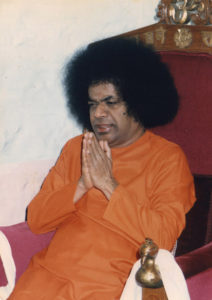
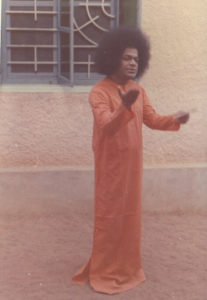
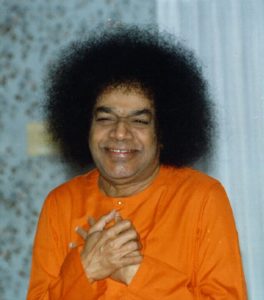
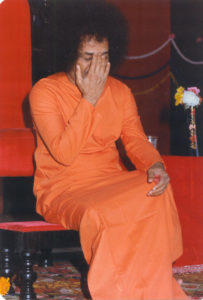
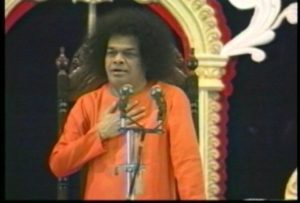
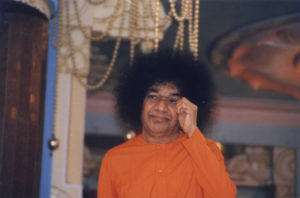
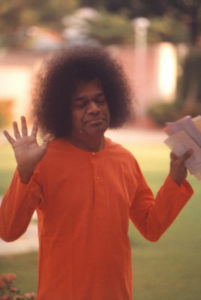
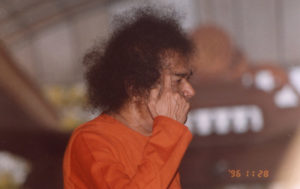


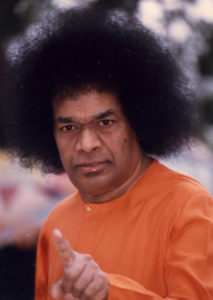
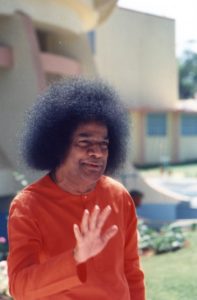
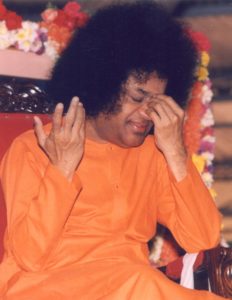
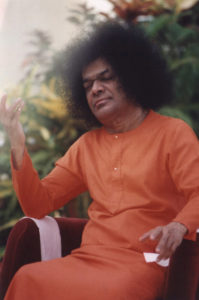
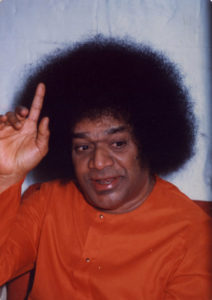
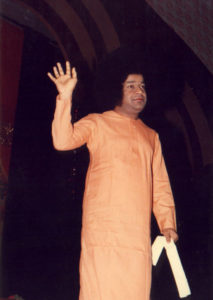
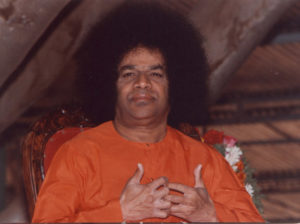
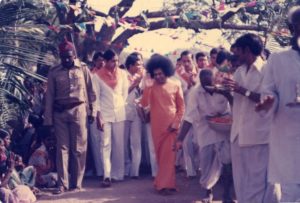
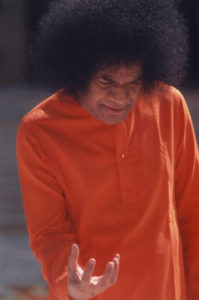

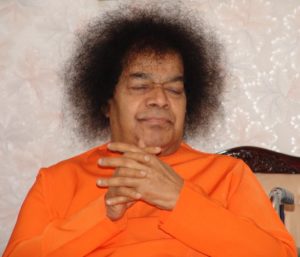
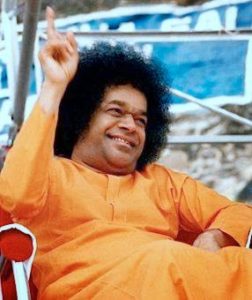
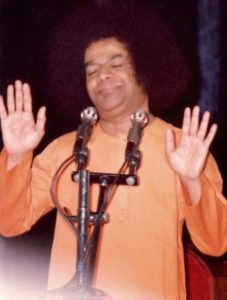

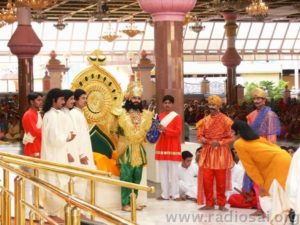
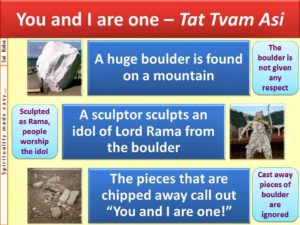
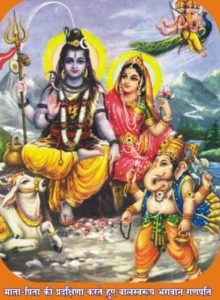

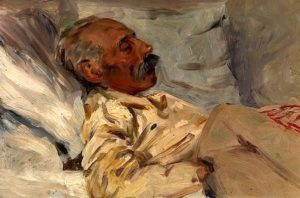
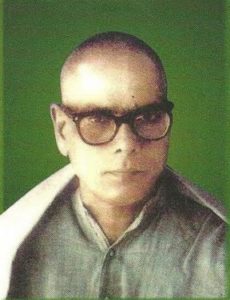
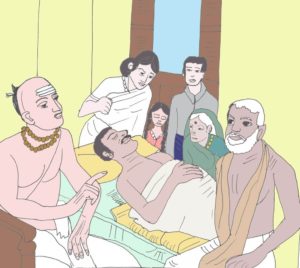



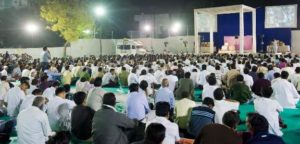
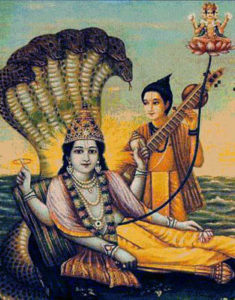
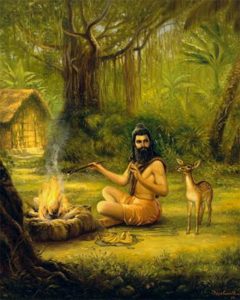




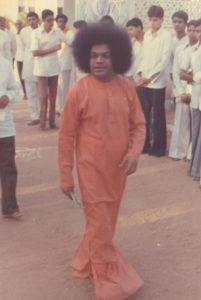
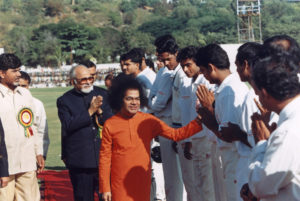
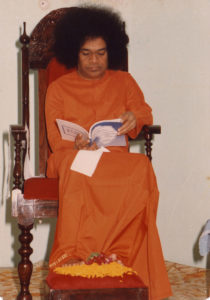
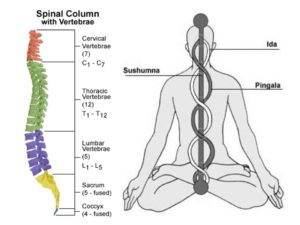

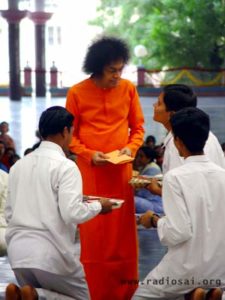
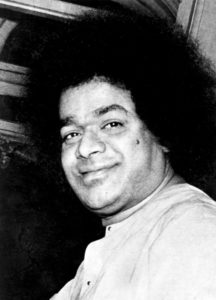

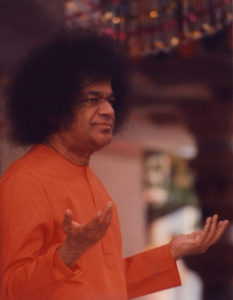
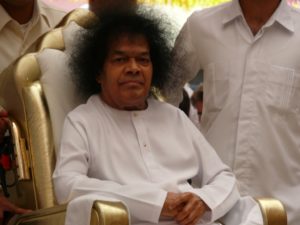
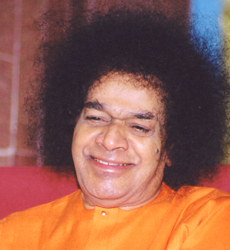
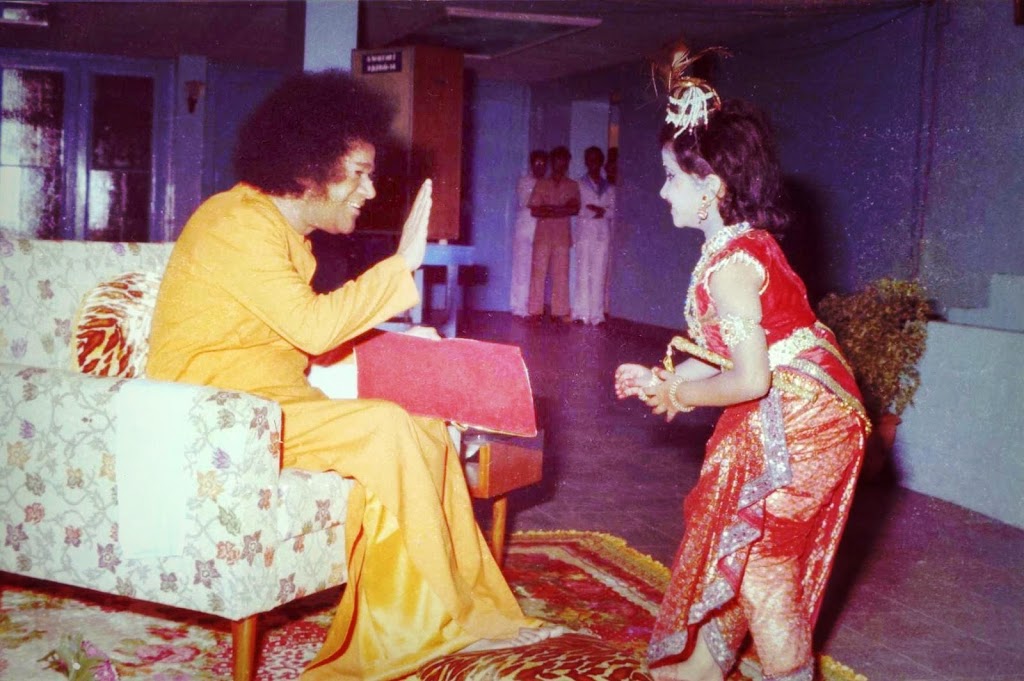
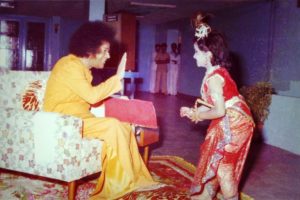
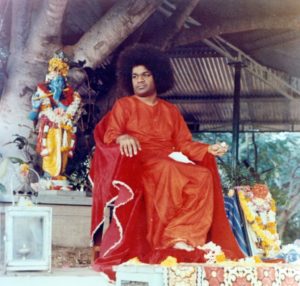
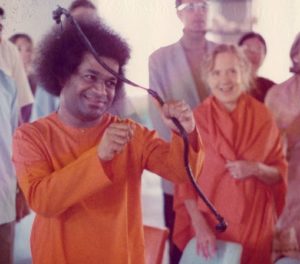
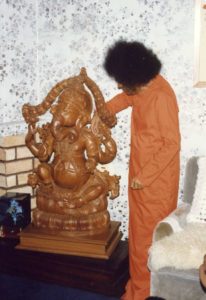
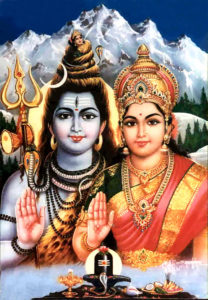

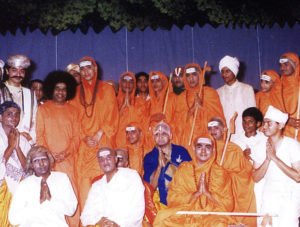
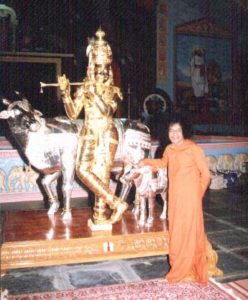
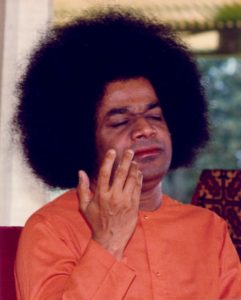
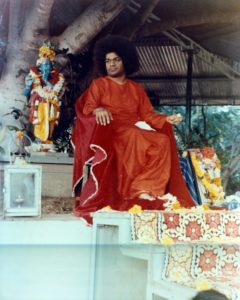
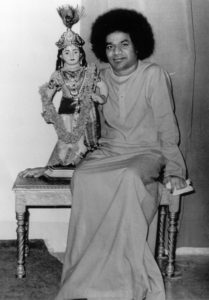
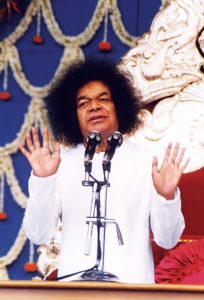
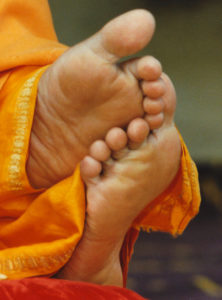
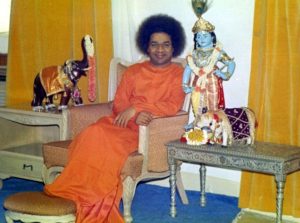
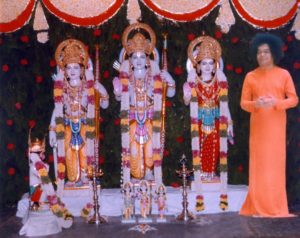
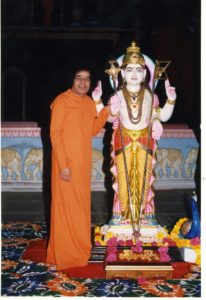
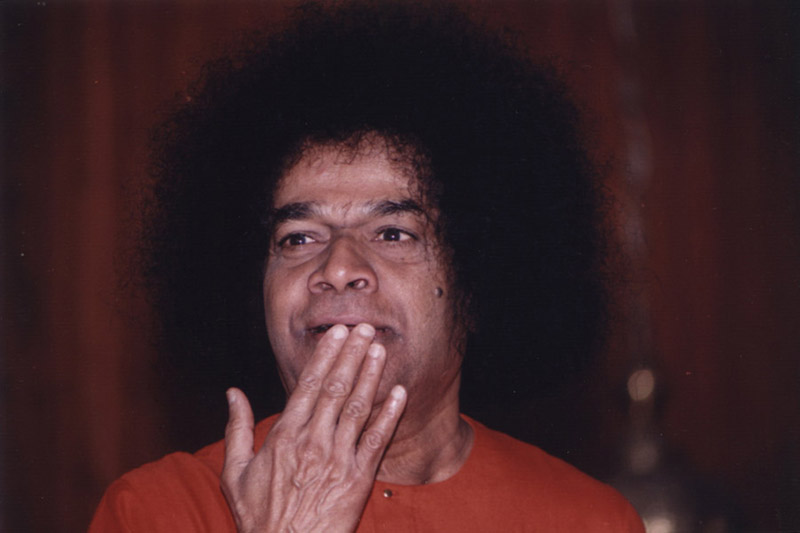











































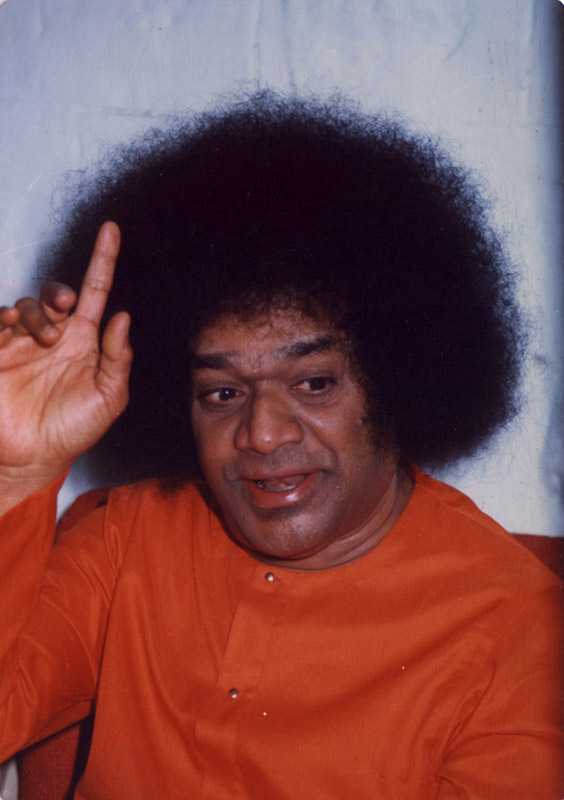












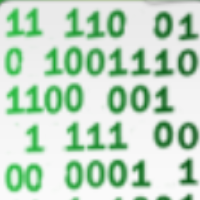

















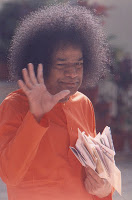








.jpg)











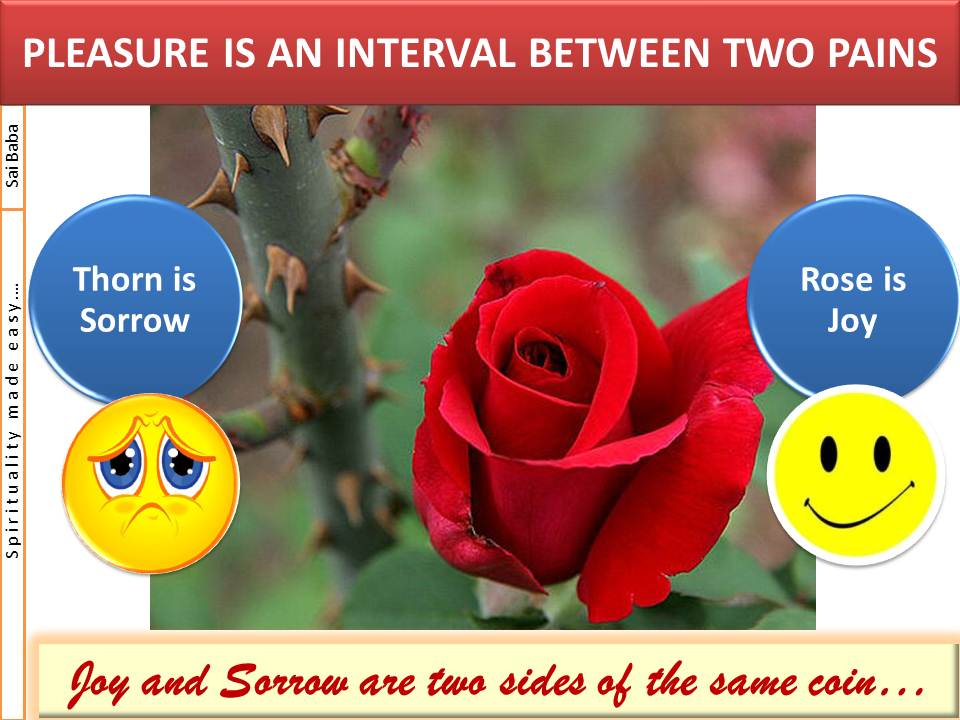
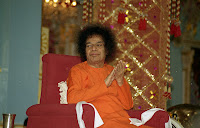





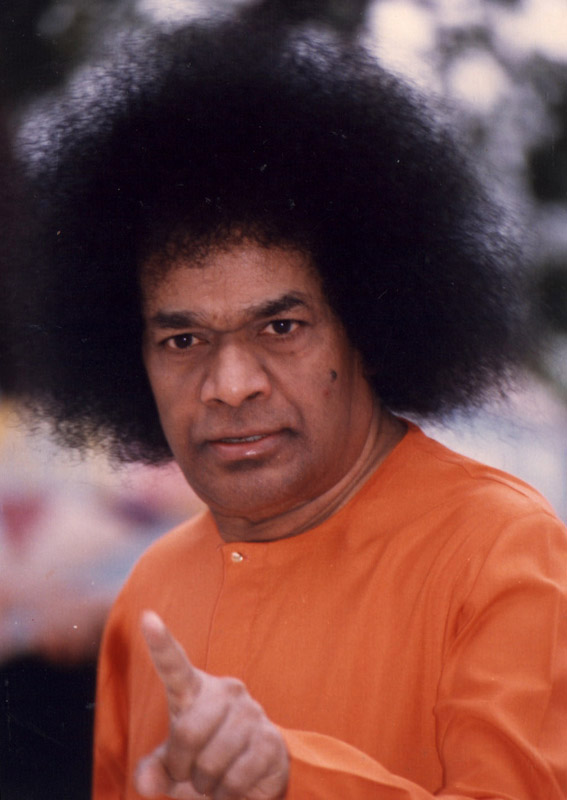







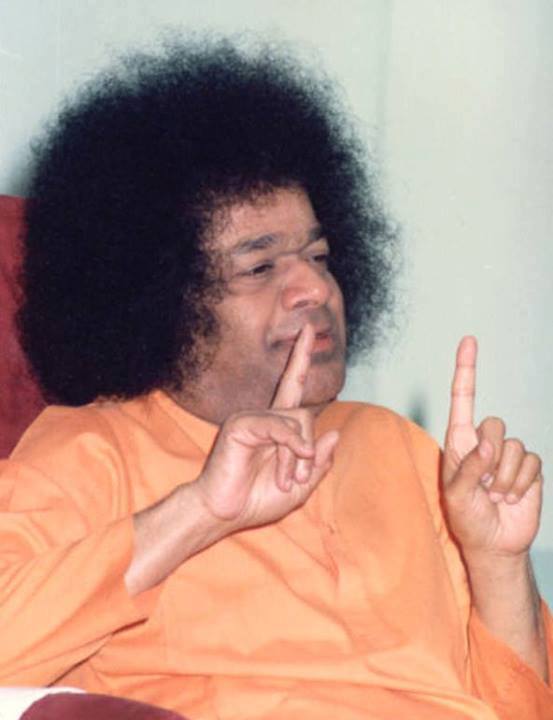





















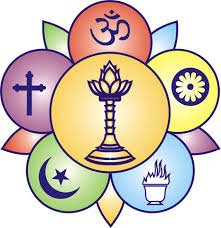

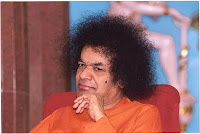
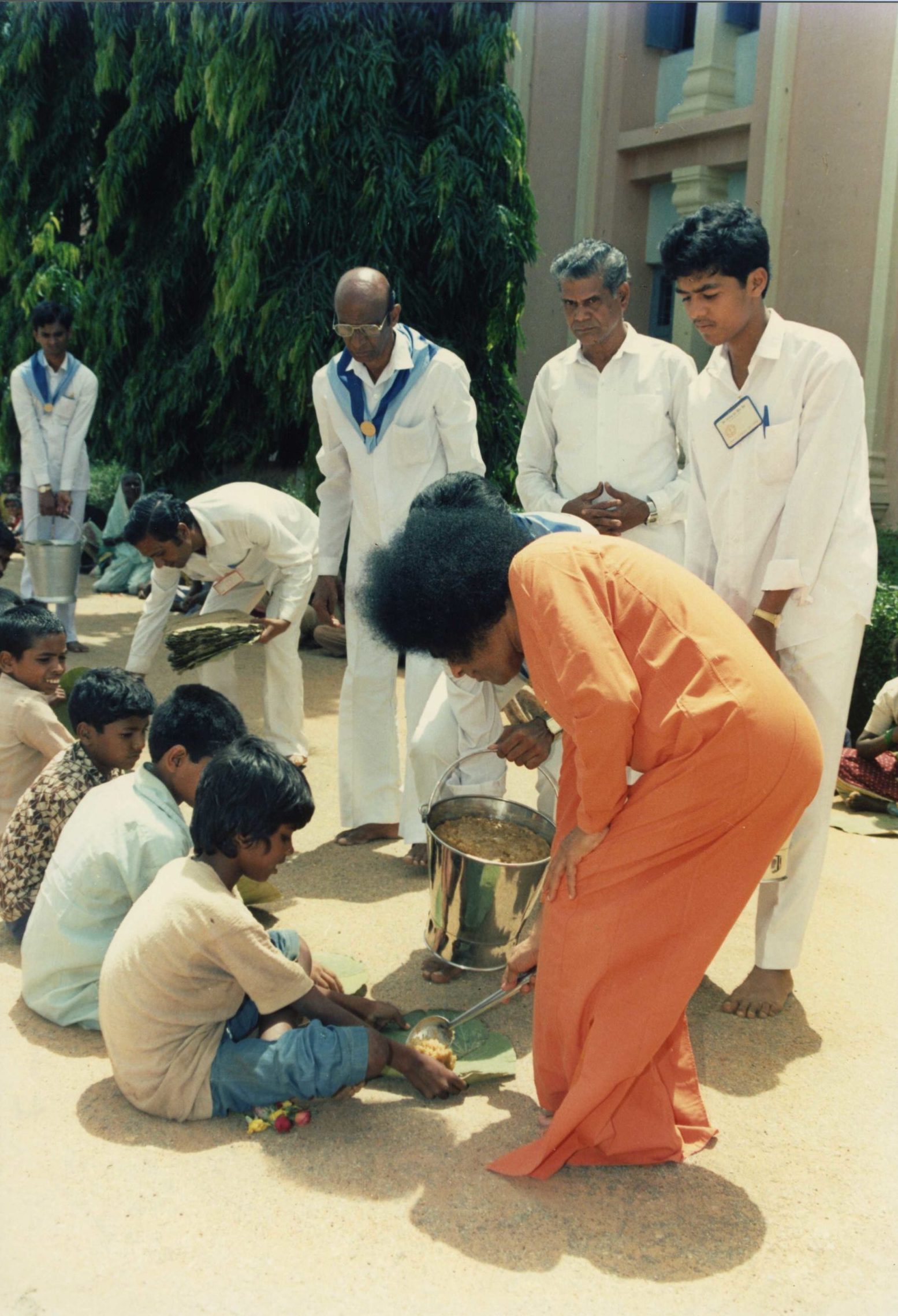




.jpg)





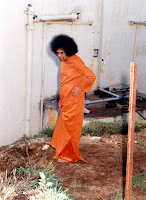


.jpg)
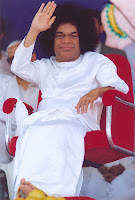






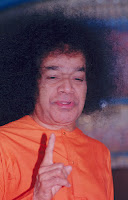.jpg)
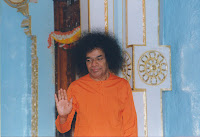.jpg)
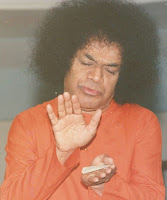.jpg)
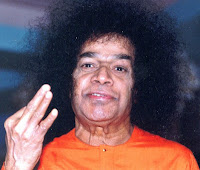.jpg)
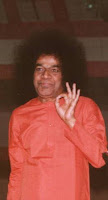.jpg)
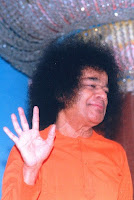.jpg)
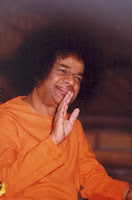.jpg)
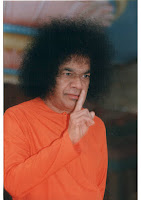.jpg)












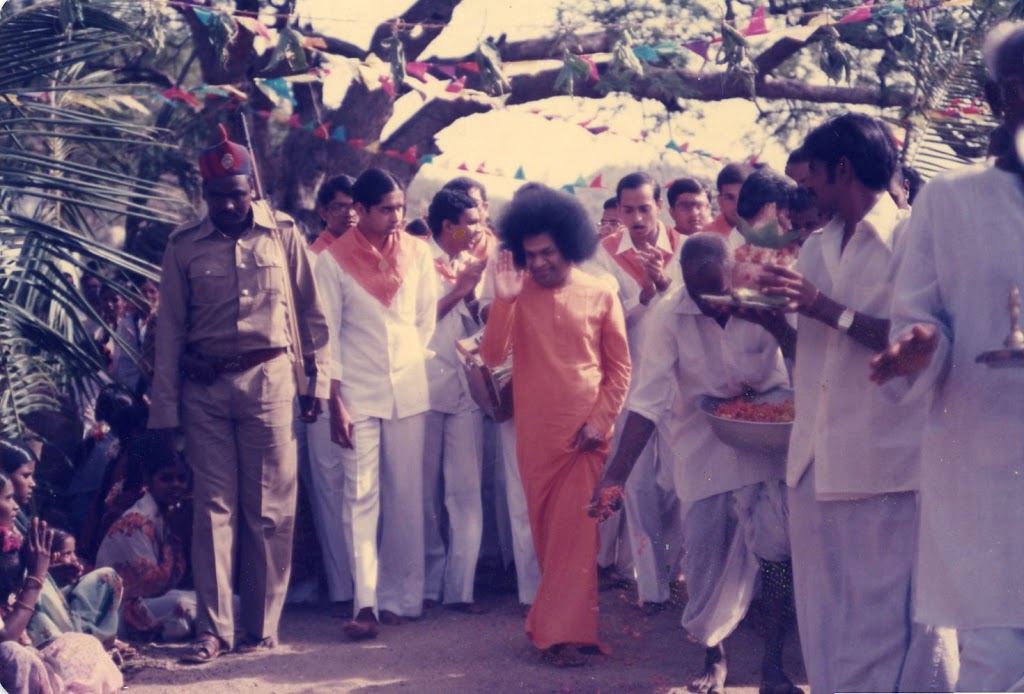







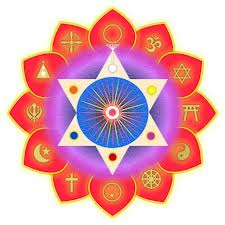


.jpg)



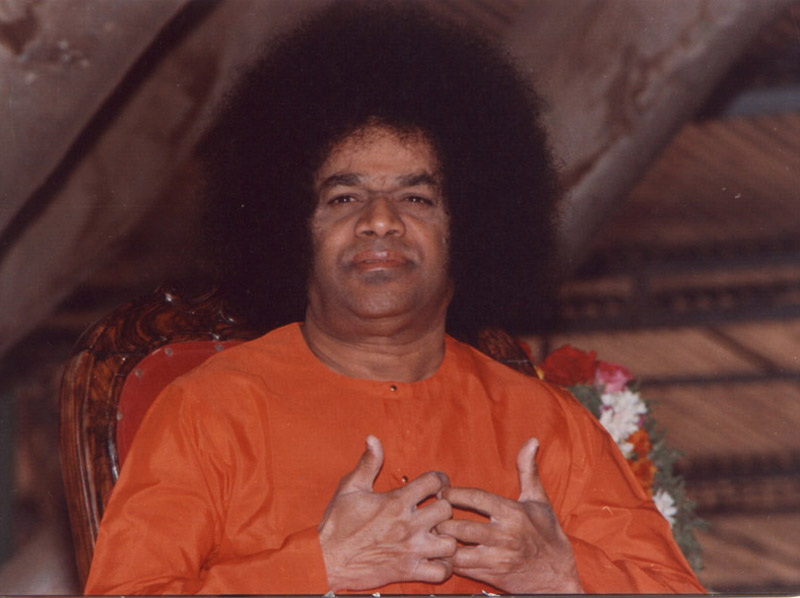
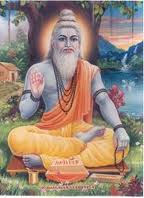.jpg)



.jpg)
.jpg)





.jpg)




.jpg)
































.jpg)
.jpg)
.jpg)







.jpg)

.jpg)
.jpg)








.jpg)

.jpg)
.jpg)
.jpg)
.jpg)



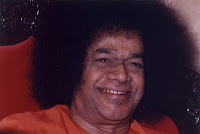



























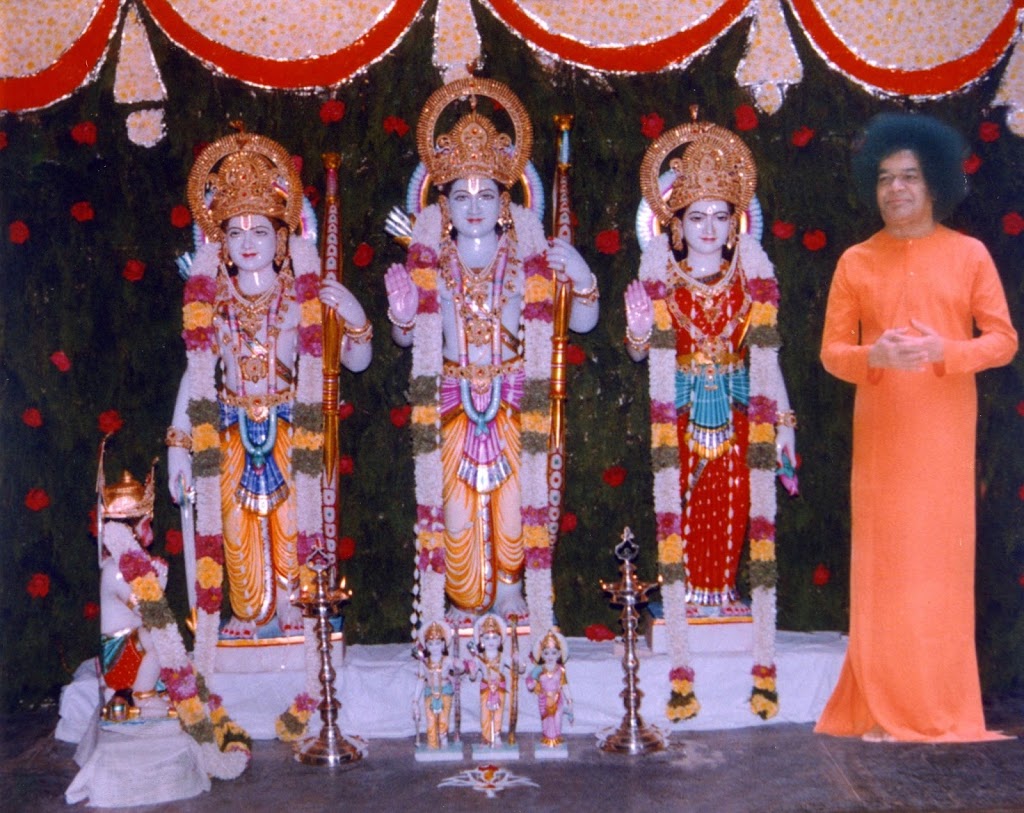

.jpg)





.jpg)


.jpg)
.jpg)
.jpg)

.jpg)




.jpg)














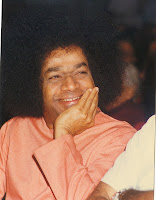.jpg)
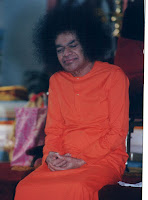.jpg)
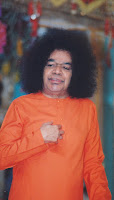.jpg)
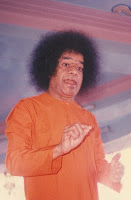.jpg)

.jpg)




























.jpg)

.jpg)
.jpg)
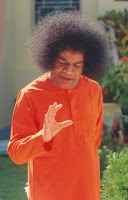.jpg)
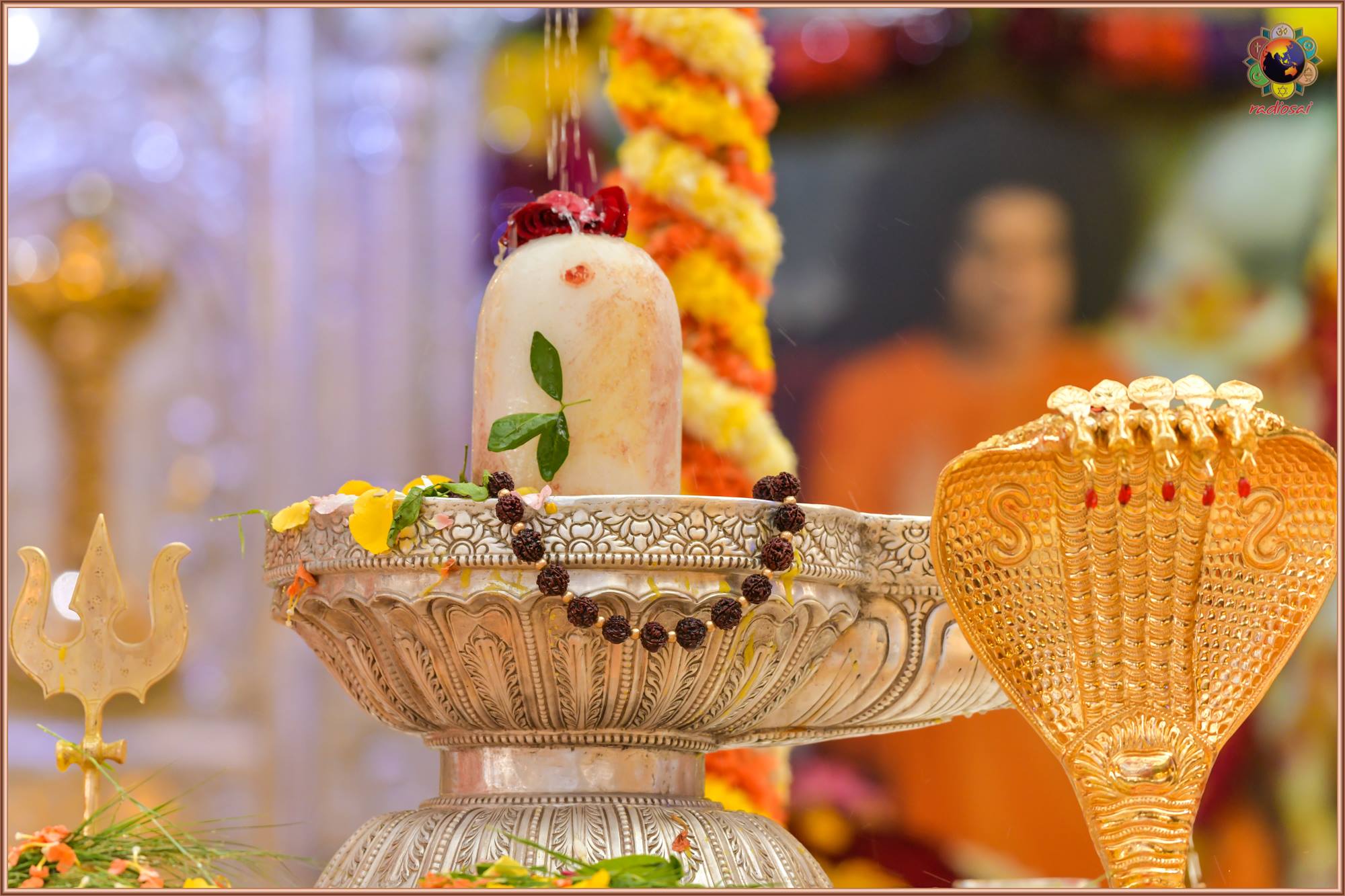








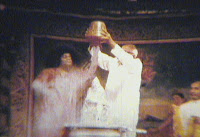



.jpg)










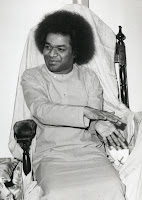.jpg)
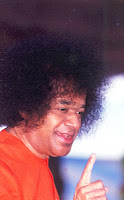.jpg)
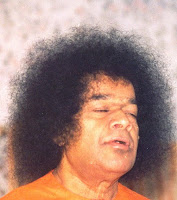.jpg)

.jpg)





